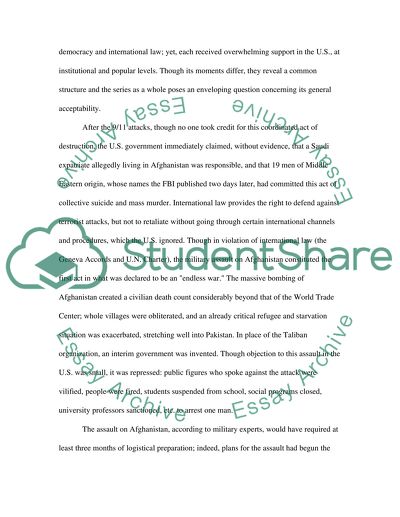Cite this document
(“Humanitarian Interventionism Essay Example | Topics and Well Written Essays - 2000 words”, n.d.)
Humanitarian Interventionism Essay Example | Topics and Well Written Essays - 2000 words. Retrieved from https://studentshare.org/miscellaneous/1515238-humanitarian-interventionism
Humanitarian Interventionism Essay Example | Topics and Well Written Essays - 2000 words. Retrieved from https://studentshare.org/miscellaneous/1515238-humanitarian-interventionism
(Humanitarian Interventionism Essay Example | Topics and Well Written Essays - 2000 Words)
Humanitarian Interventionism Essay Example | Topics and Well Written Essays - 2000 Words. https://studentshare.org/miscellaneous/1515238-humanitarian-interventionism.
Humanitarian Interventionism Essay Example | Topics and Well Written Essays - 2000 Words. https://studentshare.org/miscellaneous/1515238-humanitarian-interventionism.
“Humanitarian Interventionism Essay Example | Topics and Well Written Essays - 2000 Words”, n.d. https://studentshare.org/miscellaneous/1515238-humanitarian-interventionism.


